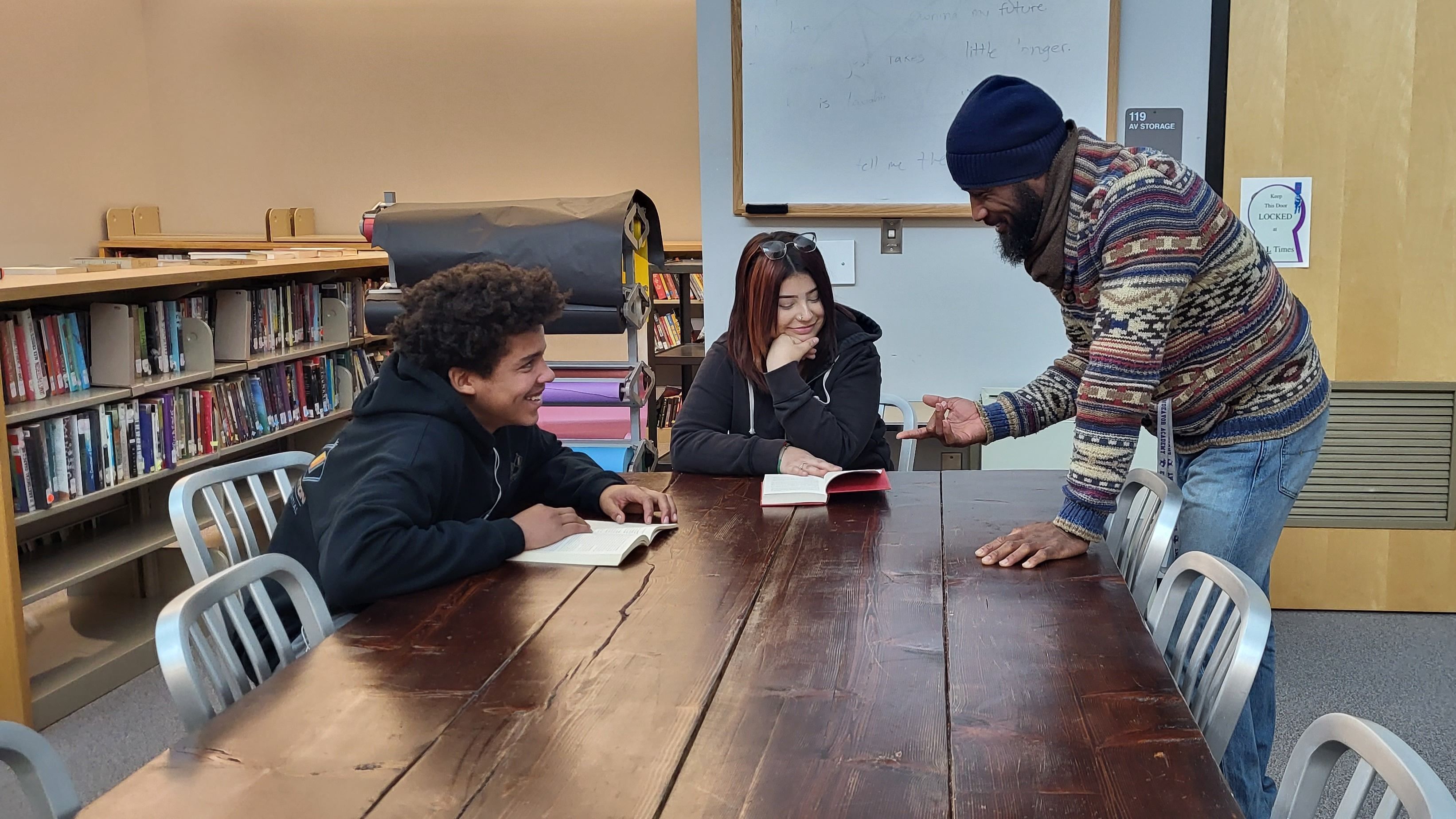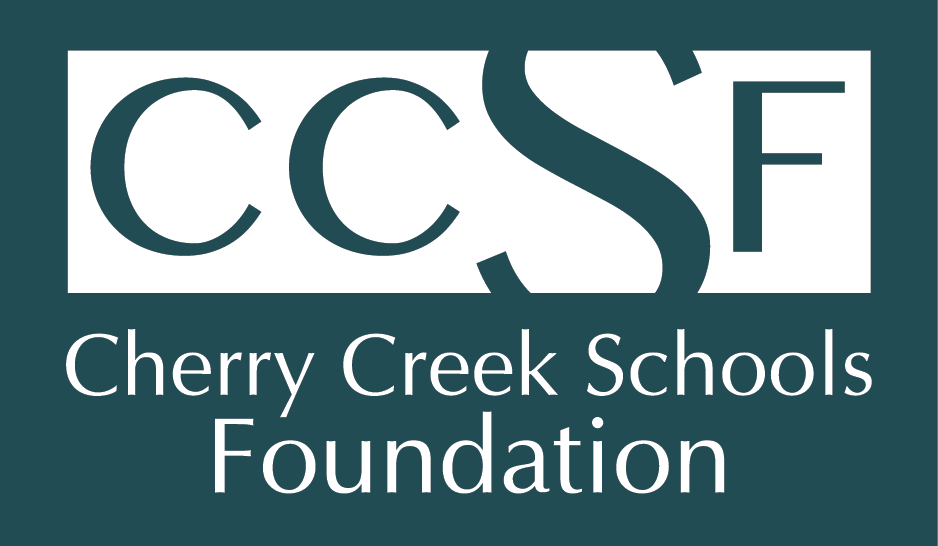
This past summer, students from across the district came together to experience the first Summer Leadership Academy (SLA), a program designed to empower students with skills like conflict resolution, communication, collaboration and more. This program was funded by donors like you to support students in pursuing their passion and pathway of purpose.
Two students from the program, Issa Zavala and Jay Dreger, shared some of what they learned from this valuable program.
What did you learn from this experience?
ISSA: I learned there are always second chances, but you have to work for them. I got to be with people my age who have experienced similar situations as me, which was new. When I went to the SLA, I found a lot of people who understood me.
JAY: I learned how to communicate better with adults. I always thought it had to be ‘me versus everyone else.’ I didn’t think adults could understand what I was going through, but I found adults and peers that connected with me in this program. The connection I found was eye-opening.
What changes have you noticed since the program ended?
ISSA: I was scared to go back to class because it had been hard for me to make friends. I was worried I would surround myself with people who weren’t going to do me any good and I’d go back to my old ways. I tend to stick to myself but the adults I met this summer have helped me see things differently. Now I feel like if I started bad habits, I would be letting them down.
JAY: I was worried, too. I used to get into drama and trouble, but once I started communicating with more people and using everything I learned to control and manage myself, it got back. I don’t want to go back and get pushed into bad habits. I know I should never let small things stop me and now I’m doing amazing things.
What should adults know about how to support students?
ISSA: We’re not just students, we’re humans, too. We want to be understood and seen as a whole person. Students need to feel safe and be able to have a bond with adults. The adults at the SLA helped us by talking to us and seeing what was wrong and helping educate us for what we can do next.
JAY: Some adults expect a maturity gap, which isn’t always true for kids. You have to give respect to get it and that goes both ways. Sometimes people would just say “try to do better” but then not explain what that looks like.
Summer Leadership Academy students reflect on lessons
Our Impact This Year
-
 Grants Awarded to Educators
Grants Awarded to Educators$200,000
-
 Students Impacted
Students Impacted53,000
-
 Scholarships Awarded
Scholarships Awarded$55,000
-
 Donated to Mental Health
Donated to Mental Health$122,000




